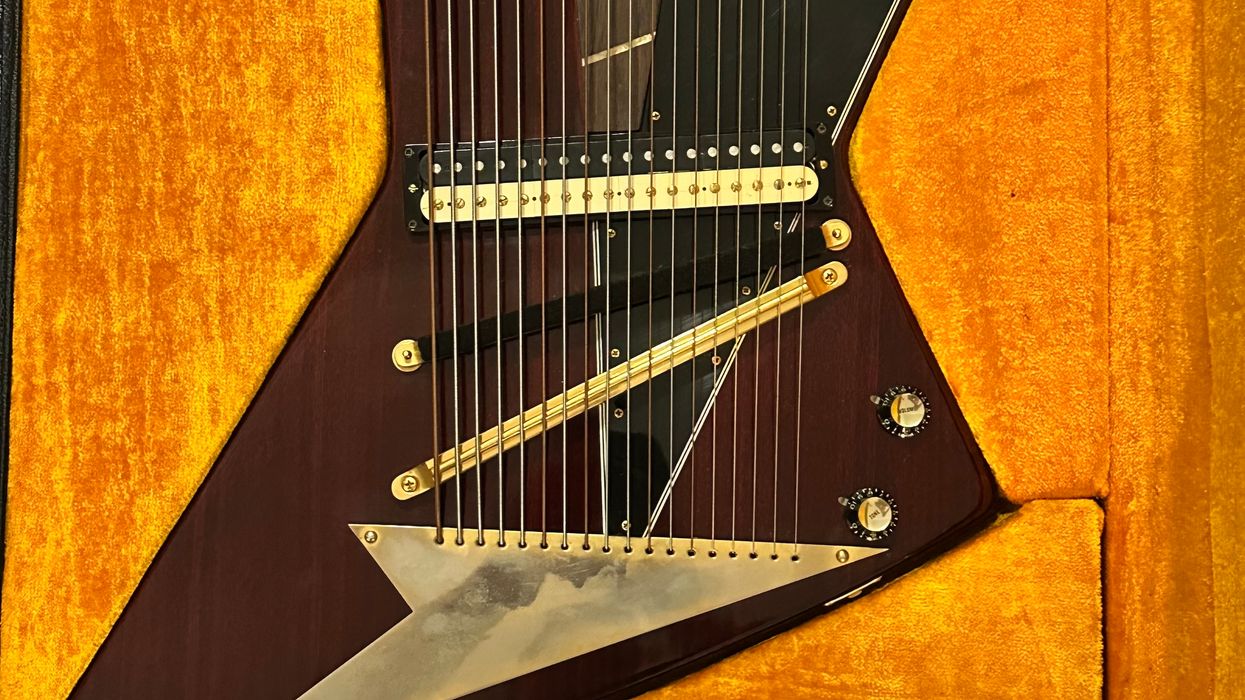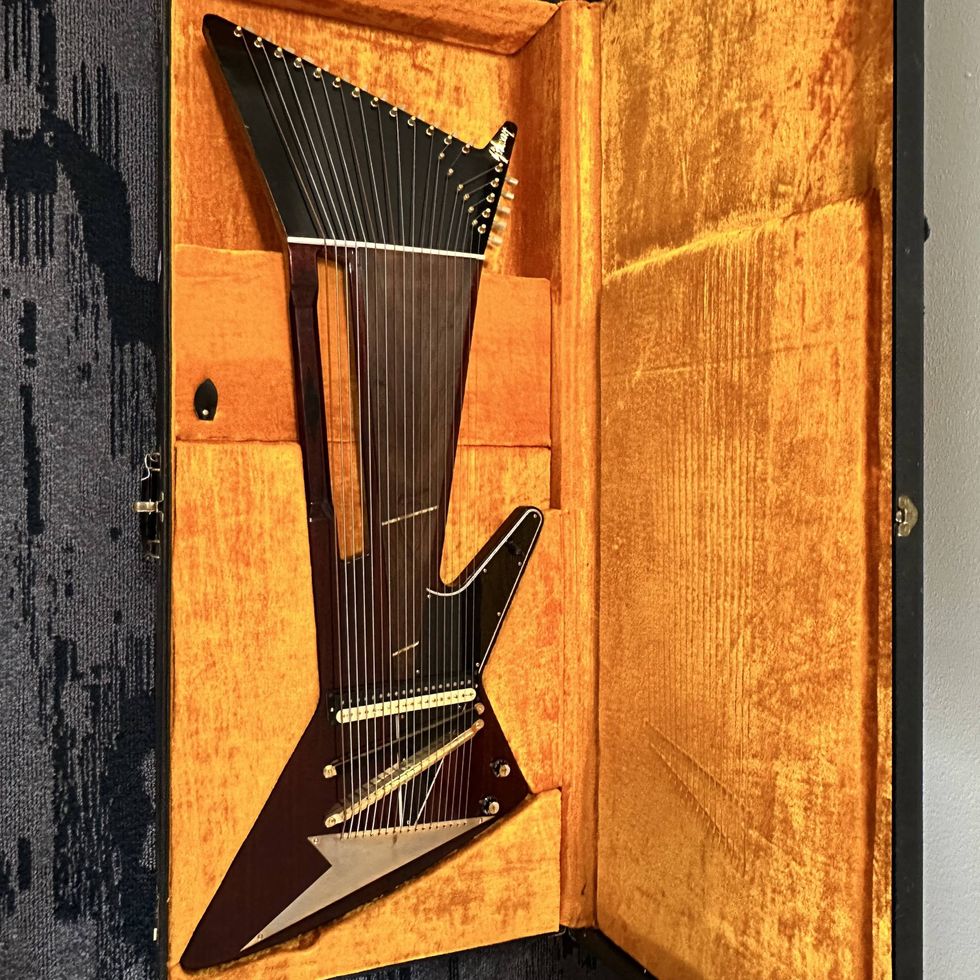—Richard Thompson
In this digital age, where we airdrop our contacts, I still carry business cards. The practice is, at best, quaint, and at worst, antiquated/hopelessly out of touch. Nonetheless, I've been handing out my card for decades and will soon be ordering another bargain batch of 500. The card's contact info has changed many times but the message has always been:
Will Sell Out, Make Offer"
Although I was raised in a slightly upper-ish middle-class household in Billings, Montana, I spent my 20s and 30s nouveau poor. An aspiring musician, married with a baby by 22, there was over a decade where I qualified for government cheese. Hence, I never had the luxury of integrity with my art. Where some peers scoffed at sellouts, I envied them.
After six years in Nashville, a few songwriting deals, minor cuts, and many sideman gigs, my then-publisher got me a solo deal on Atlantic and, later, a band deal on Asylum. I had a vision that was left of center and imagined a bright future of successfully doing whatever I wanted, but each deal lasted roughly five minutes. What I was trying to sell, nobody was buying. Since then, I've resolved to pretty much do anything for money as long as it involves music. When peers warn that selling out will cost me my soul, I respond, “What's the catch?"
It seems like the musicians who are the most adamant about artistic integrity are the least happy. They have a vision of how their art should be but they rarely get the opportunity to showcase it, so they struggle in obscurity and seldom feel like they ever get their just desserts. They won't compromise but nothing ever goes as planned and nothing is ever perfect. This makes them chronic malcontents.
Here's the dichotomy: Art needs freedom. Musicians are drawn to freedom—the freedom of expression, freedom of living outside the norms of society, freedom of staying up late then sleeping in later, etc. But freedom has its price, and usually that price is a loss of freedom. Por ejemplo: Freedom from working means enslavement to poverty and vice versa.
Many people (particularly Americans), live their lives doing what they don't want to do so they can earn enough money to continue doing what they don't want to do. People struggle like this for a lifetime and then teach their children to do it. It feels like a well-intentioned, fear-driven, cycle of abuse. If all your job is providing is a paycheck, you have the wrong job.
My buddy Tony Manring is a plumber, which is, at times, quite literally a shit job. However, each job is also an interesting puzzle involving math, architecture, physics, and physical strength. It's also an opportunity to help people in need. The gig appeals to Tony's intellectual curiosity as well as his basic good nature, in that he likes to help people. Tony shows up at the job and tries to solve the problems as they come, making his gig rewarding both financially, intellectually, and spiritually. That approach works in music as well, but you have to get past the rock mythos that seduced most of us when we first started making music.
Many guitarists embarking on a career in music aspire to something like what Eric Clapton had. In the course of 10 years, you play in several hugely successful bands, then branch out on your own wildly successful solo career, do some cameos with the Beatles and the Stones, then spend the rest of your life doing pretty much whatever you want while growing fabulously wealthy in the process. In your 70s, you start a family with a stunning spouse half your age and host a philanthropic guitar-centric festival.
But Clapton is an outlier. Most of us have to do whatever we can to pay the bills, and that means selling out. Leonardo da Vinci and Michelangelo were total sell-outs, basically begging the church, royalty, and aristocrats for gigs. Their best work was created when they were doing what somebody else wanted. The same could be said for Mozart and Beethoven, who worked primarily for royalty.
Paradoxically, sellouts are free. Though I may be somebody's dancing guitar monkey, I'm doing basically what I want within the confines of their vision, which is close enough to mostly happy. Would I rather have a career like John Mayer and get to follow my muse wherever it goes? Do an acoustic tour, a pop tour, a three-piece neo-blues tour, hang in Bozeman, Montana, for a year then tour with the Dead? Sure, that would be great. But the seemingly random stretch of gigs I've stumbled into over the years has been far more rewarding than anything I could've planned. The happiest people are not those who get what they want, but those who learn to hit the curves and make the most of what life gives them. Play on.


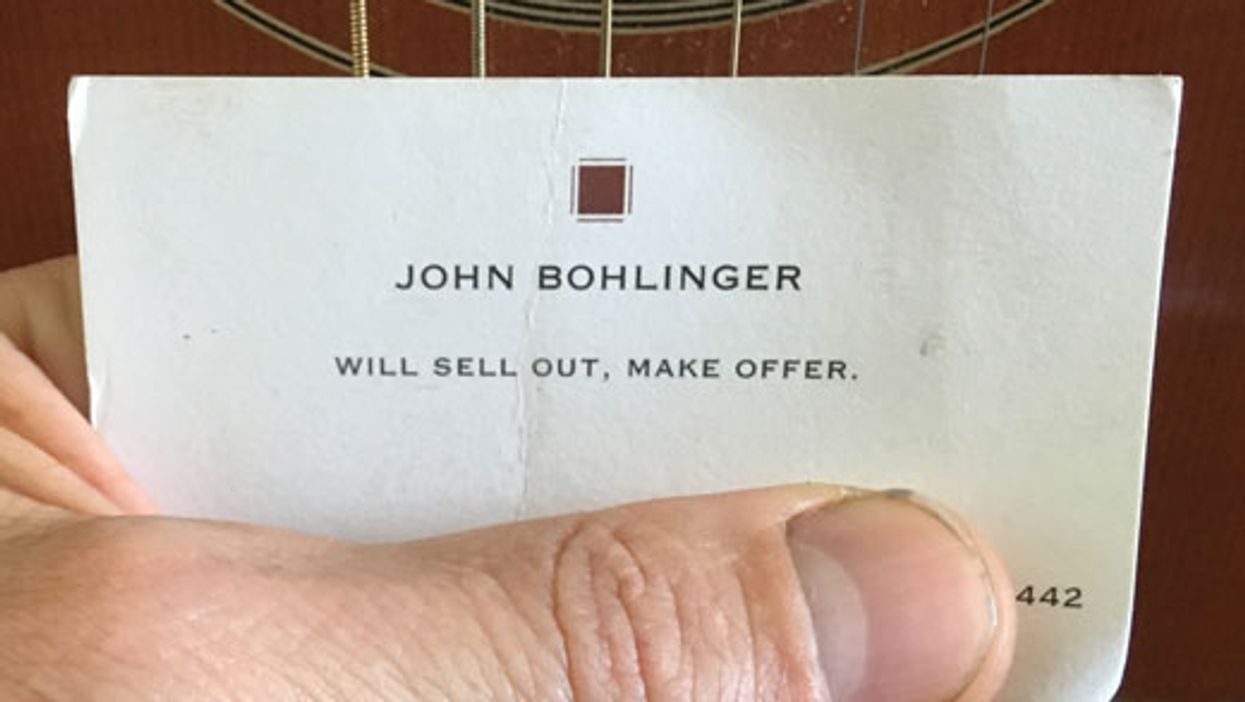



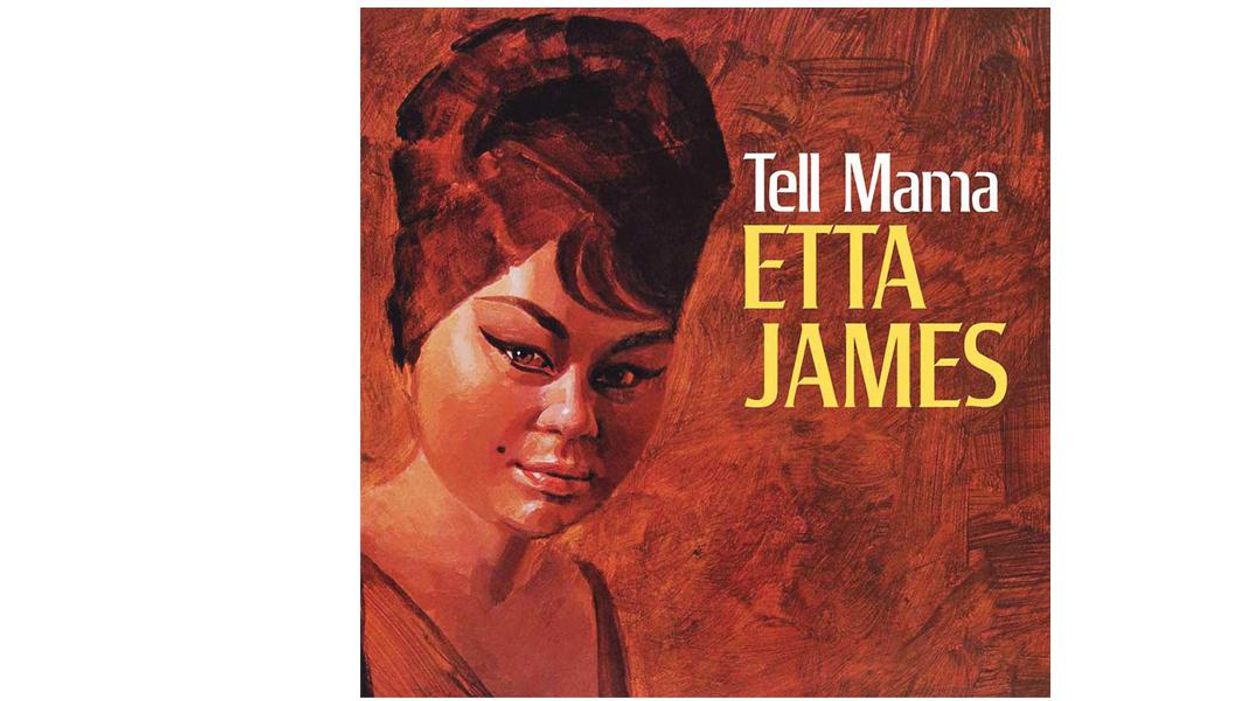
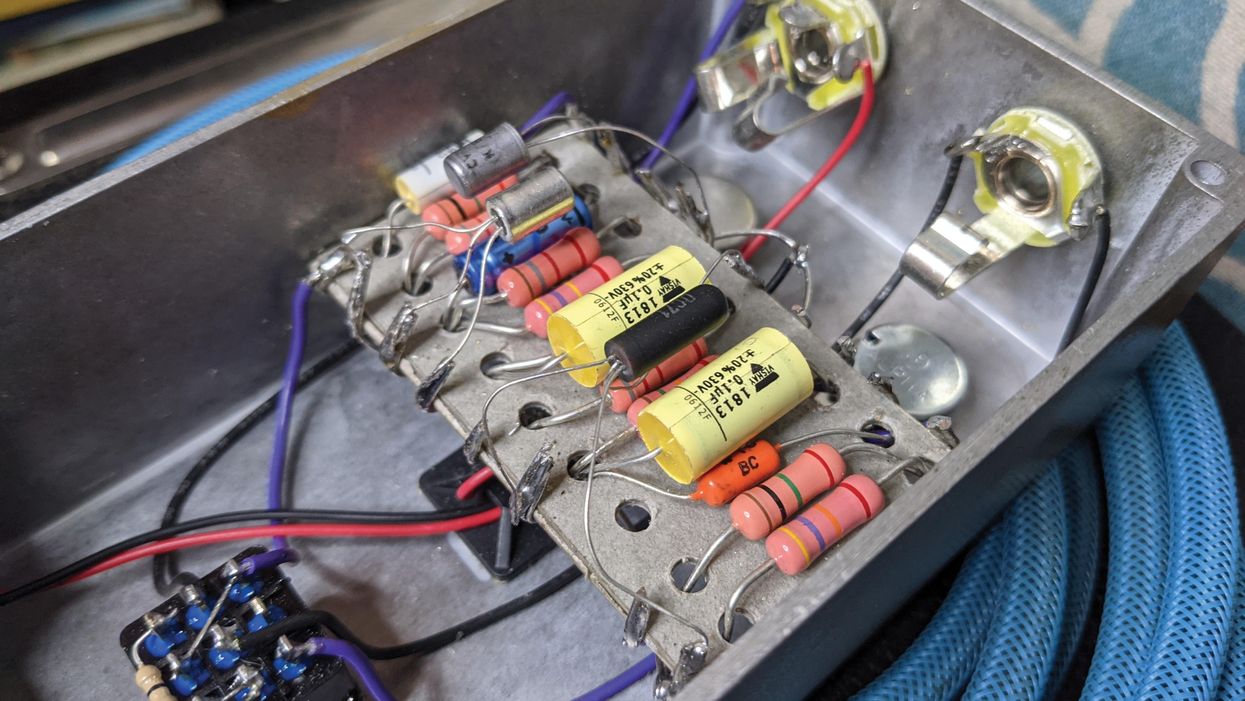
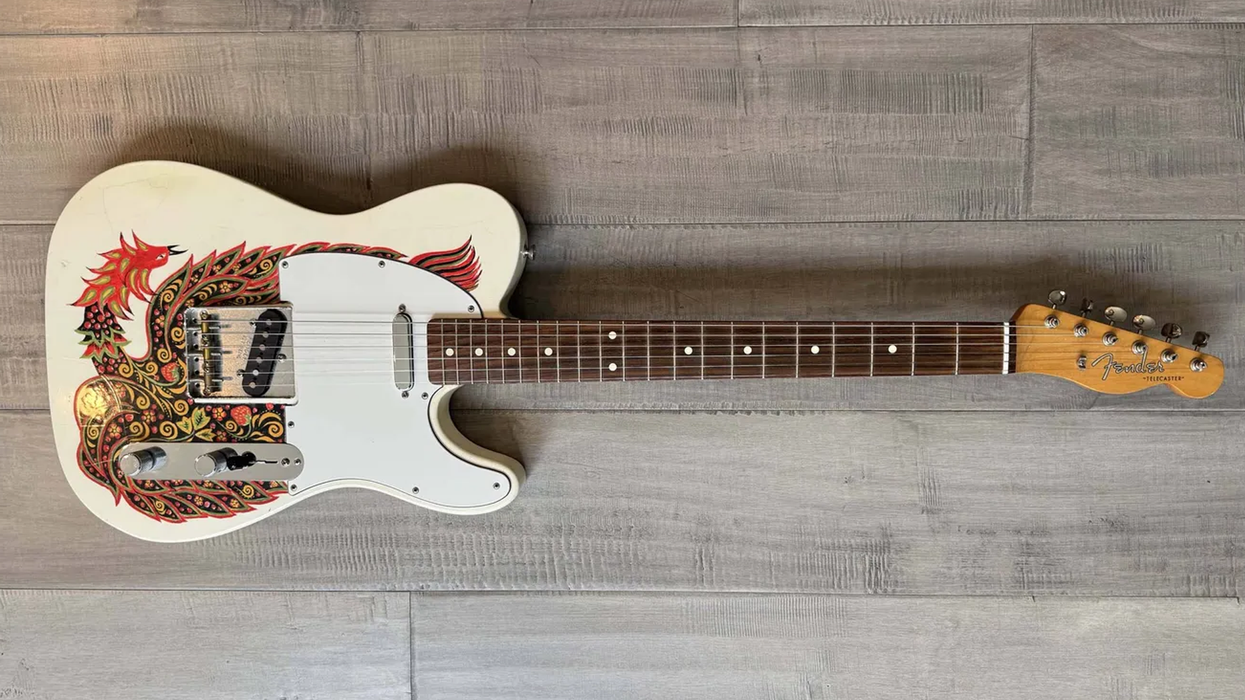
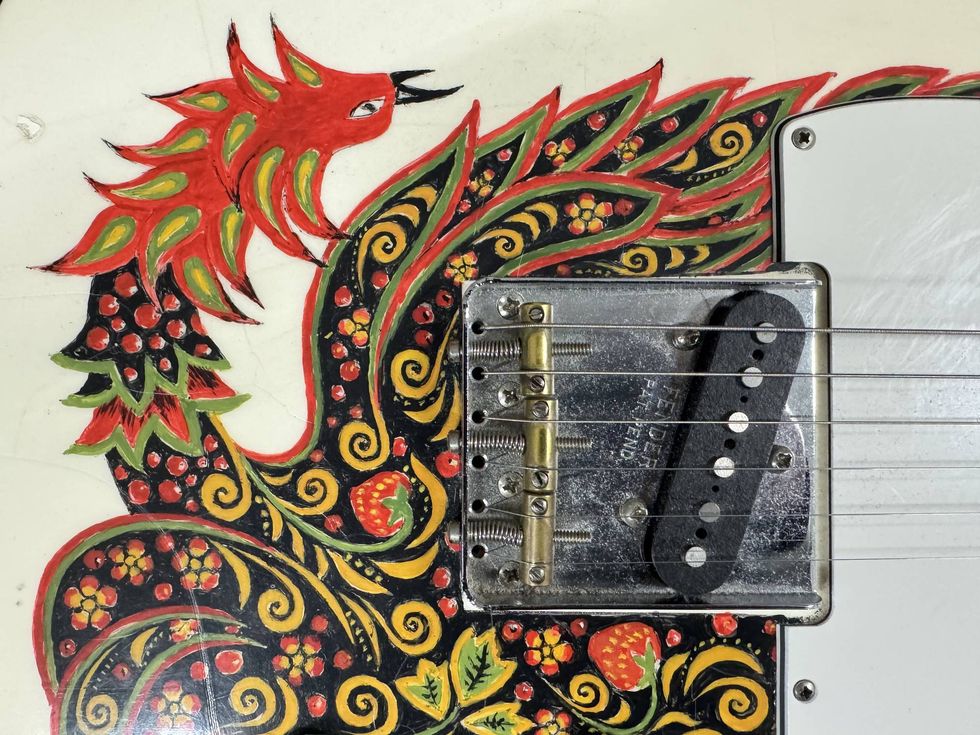


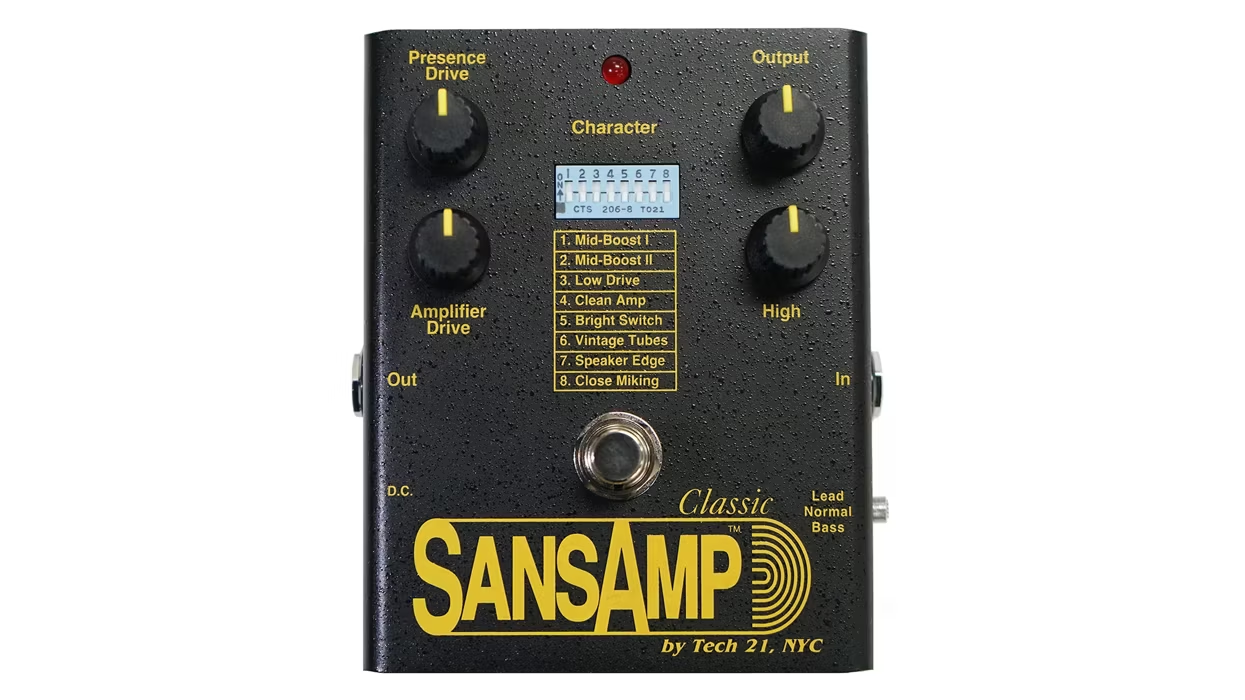
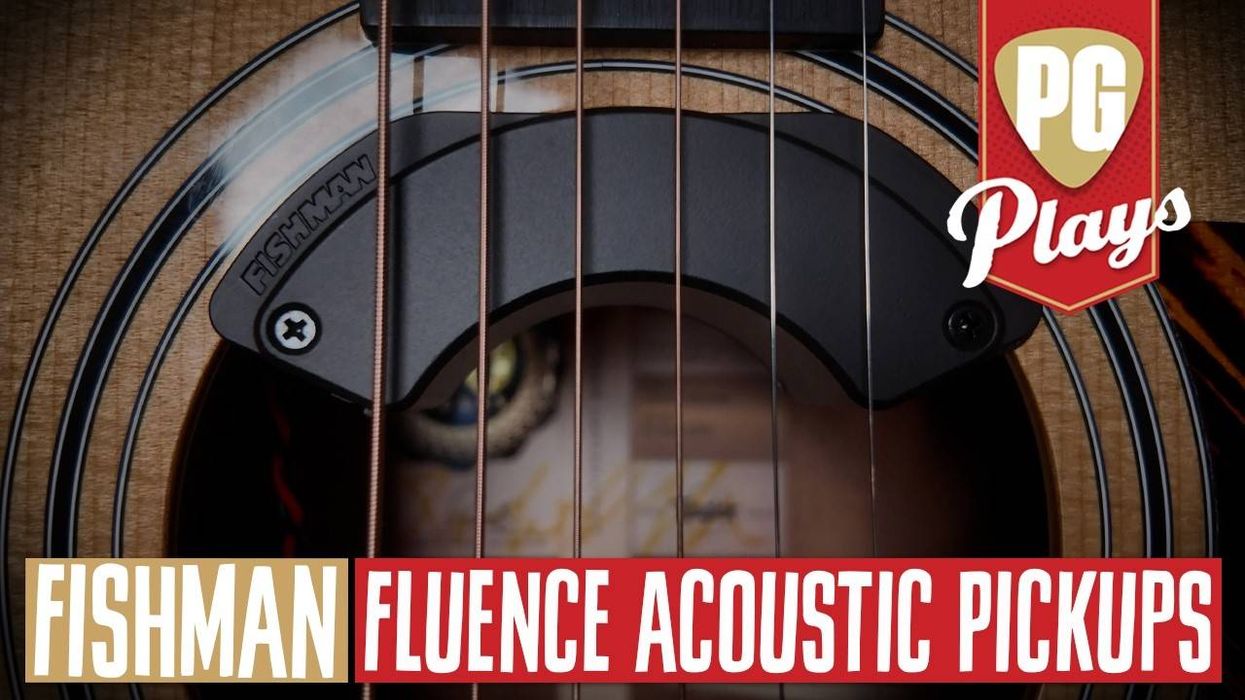
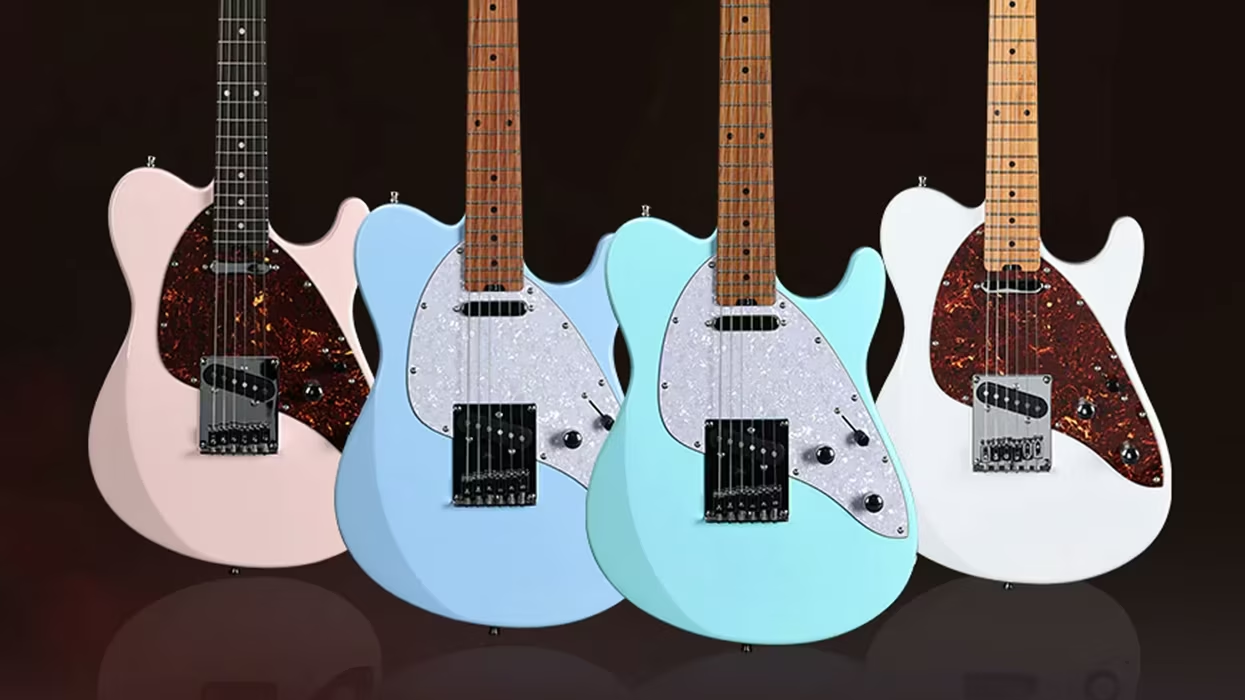
![Rig Rundown: Russian Circles’ Mike Sullivan [2025]](https://www.premierguitar.com/media-library/youtube.jpg?id=62303631&width=1245&height=700&quality=70&coordinates=0%2C0%2C0%2C0)



